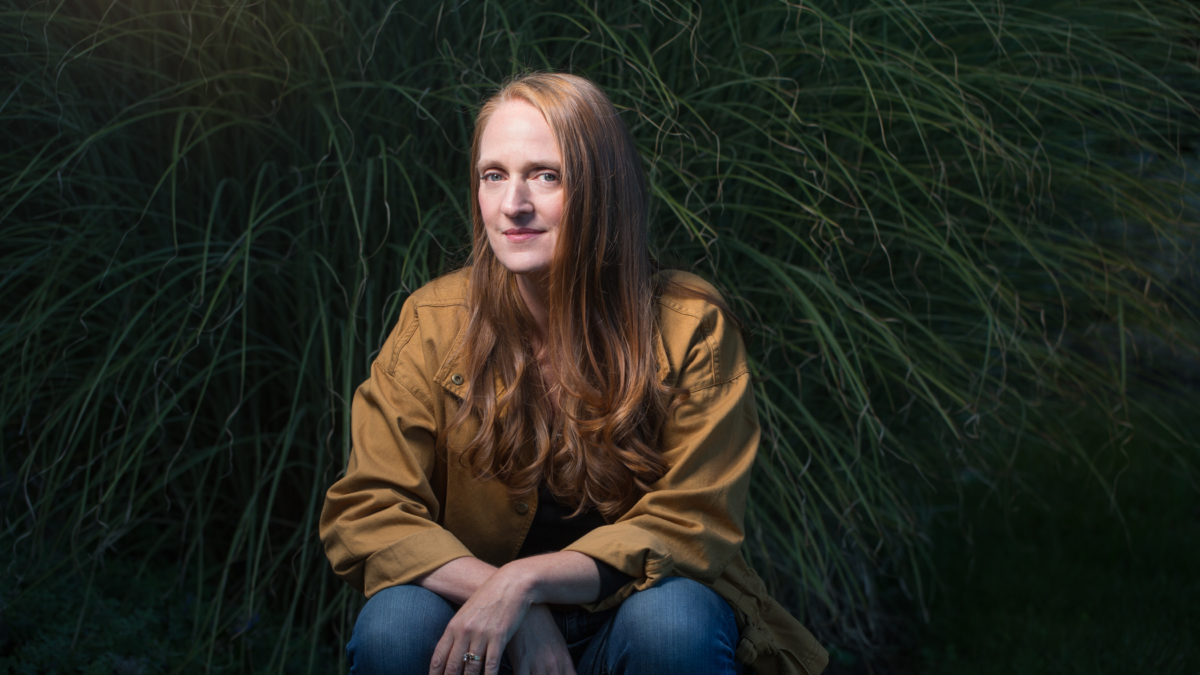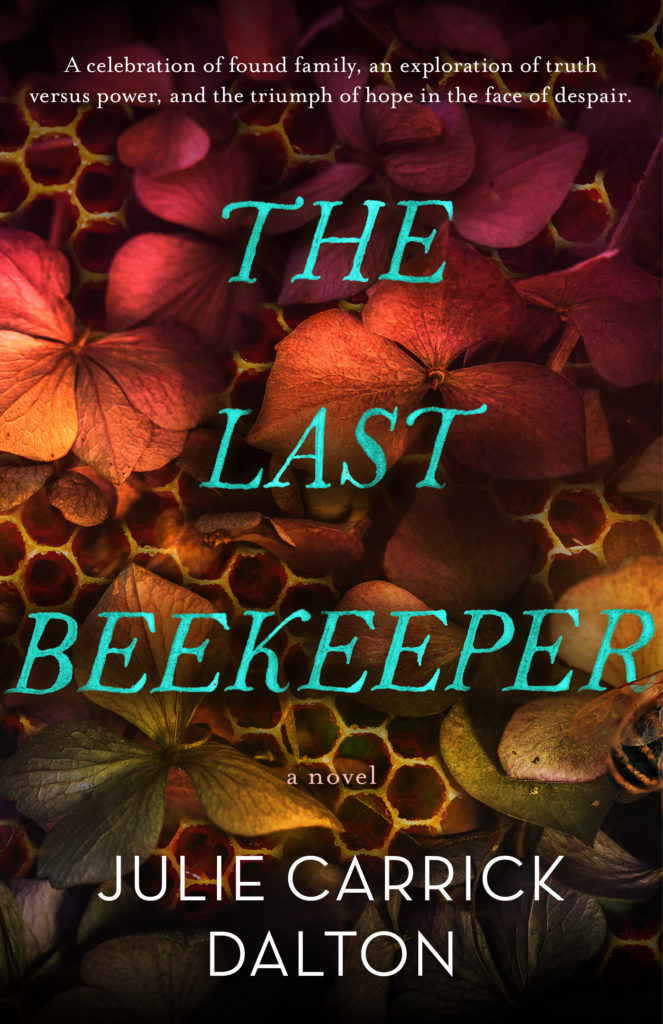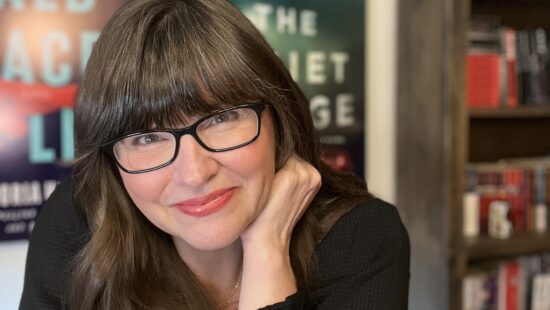Arts & Entertainment
Local author’s second novel explores a world without bees

Author Julie Carrick Dalton splits her time between Park City and New England. She released her debut novel Waiting for the Night Song in 2021 and The Last Beekeeper will release March 7, 2023. Photo: courtesy Julie Carrick Dalton.
PARK CITY, Utah — Part-time local author Julie Carrick Dalton releases her second novel, The Last Beekeeper, on March 7. Her debut novel, Waiting for the Night Song released in 2021 and was a ‘Most Anticipated Book’ of the year, according to CNN, Newsweek, USA Today, and Parade Magazine.
Dalton’s novels explore climate change and environmental crises through characters and their relationships.
In her mystery thriller, Waiting for the Night Song, two friends grapple with a secret that threatens to reveal itself while climate change manipulates the plot in the background in the form of wildfire, drought, and invasive species.

The Last Beekeeper follows two storylines the protagonist at age 11 and age 22. The first is in a near, unnamed future when the world’s pollinators, namely honeybees, are in rapid collapse. In the character’s 22-year-old timeline, society rearranges itself in the wake of total bee extinction. Although other pollinators, wasps, butterflies, mosquitoes, cling to life
“It’s a near-future story about the tenuous relationship between a beekeeper and his daughter,” Dalton said. “It’s really a story about secrets and redemption, speaking truth to power, and hope in the face of a global crisis. Although it’s a dark topic, it’s really a story about hope and how people handle crises more than it is about the actual crisis.”
The author kept bees herself, which inspired The Last Beekeeper. She had two hives, both of which died in mass amounts.
“I kept bees in my yard years ago, and they were doing really well. In one day, I lost 40,000 honeybees; they all died. In a pile literally inches thick outside of the hives. I have to believe they were poisoned. I don’t mean intentionally. In my suburban neighborhood with very pristine lawns, somebody was using a chemical that killed all of my bees because there’s no other explanation for how they could have all died exactly at one time.”
Unfortunately, after restarting her hive, the same exact thing happened the following year.
“It’s clearly a chemical because they were very healthy. So it made me think, so these are bees that I have brought into my neighborhood to keep them, then what’s happening to the native pollinators?”
The Last Beekeeper realistically imagines, what if we really did kill off all of our bees? Through her own research and consulting a beekeeper from Tufts University’s Department of Veterinary Sciences, Dalton traces the extinction’s affect on our food and agriculture systems, societal and political structures, and the economy.
At the heart of the story is hope, which Dalton wishes the reader to walk away from the story with.
“An analogy would be if you had a bird feeder, and every morning, you had 20 hummingbirds that you loved. Then all of a sudden, there were only two hummingbirds left. You could either spend all your time grieving the 18 hummingbirds or you could focus on those two beautiful hummingbirds that are still there. How can we save what’s left?”
Simple changes like having pollinator gardens or pollinator friendly plants and flowers native to your region will bolster pollinators. Having a chemical-free lawn and yard will help not only pollinators but other native species. Dalton encourages people to be thoughtful of their consumption and purchasing choices, because even small changes will make a difference as we hope her mystery fiction novel won’t become our reality.
Local author Julie Carrick Dalton on her debut novel; second in 2023


















